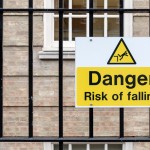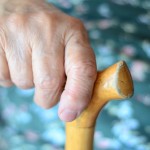
This review of the prevalence of maxillofacial trauma by different causes in children and adolescents included 58 studies. The findings indicated that road traffic accidents and falls were the commonest causes. However rates do vary across difference geographic regions.
[read the full story...]






